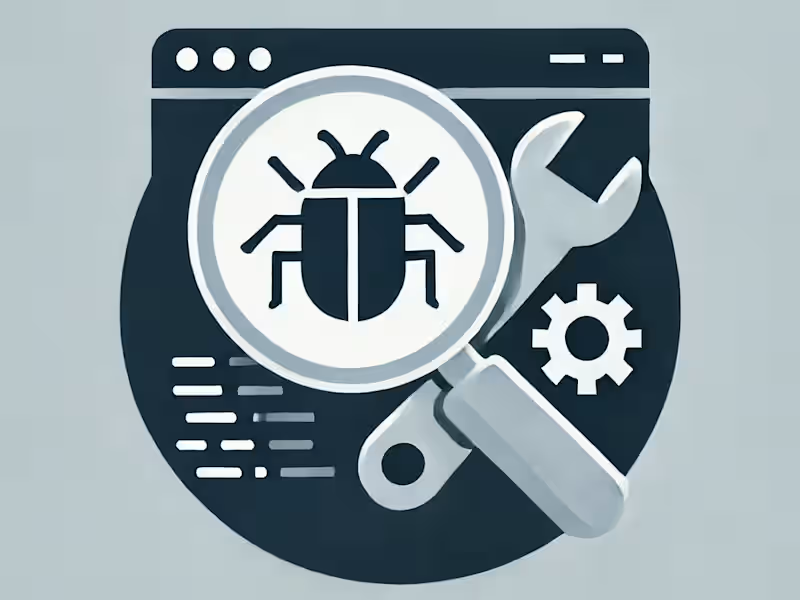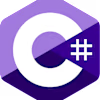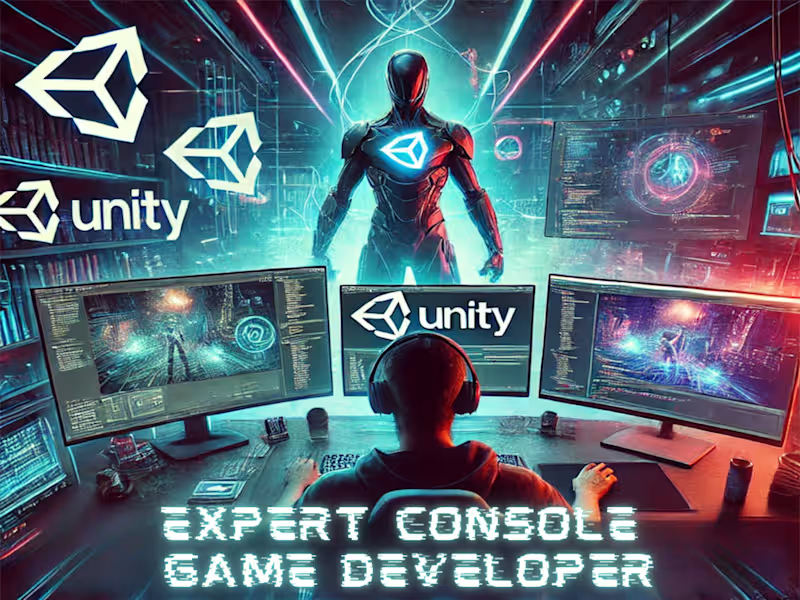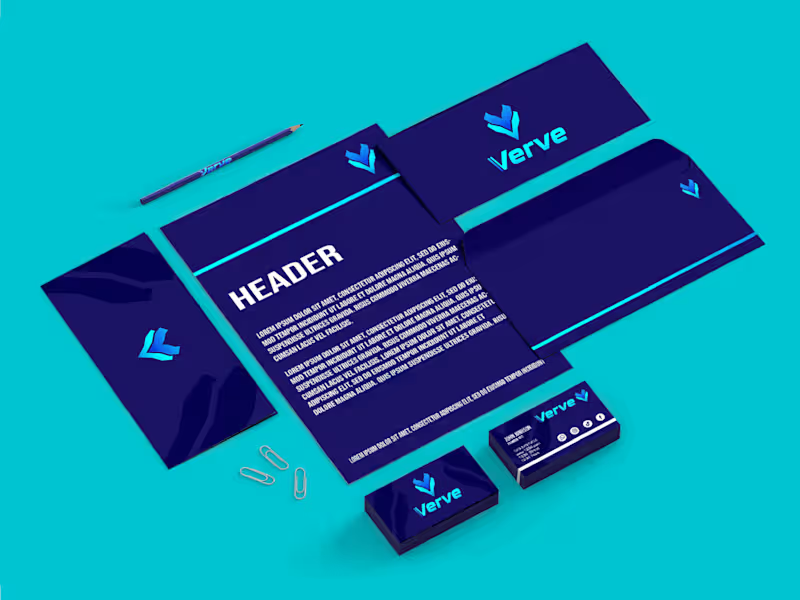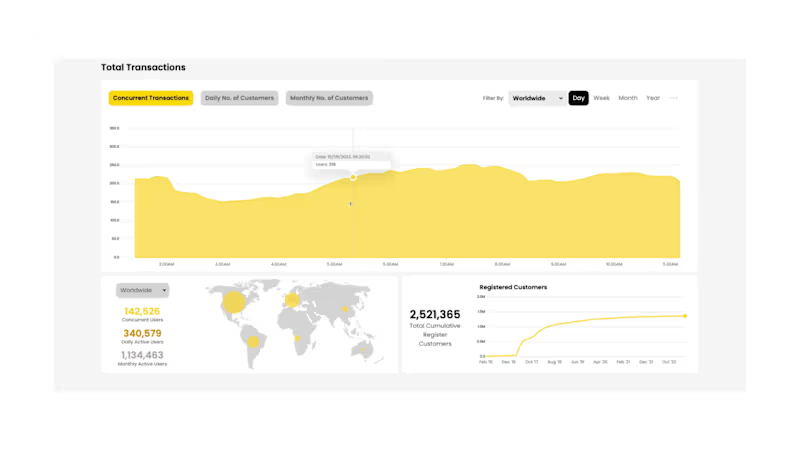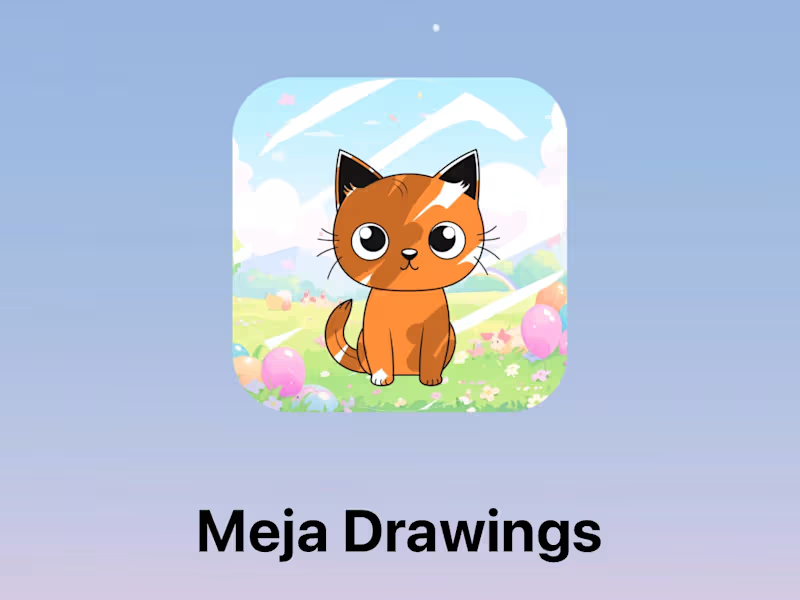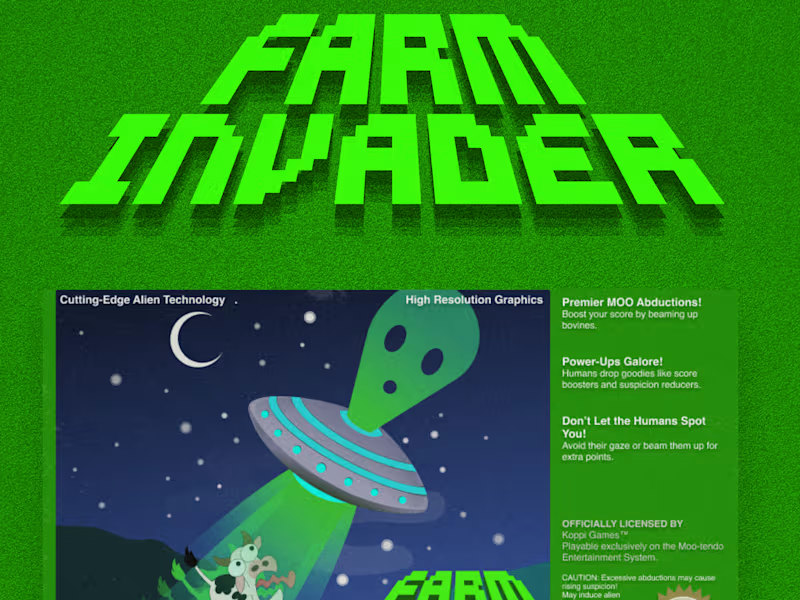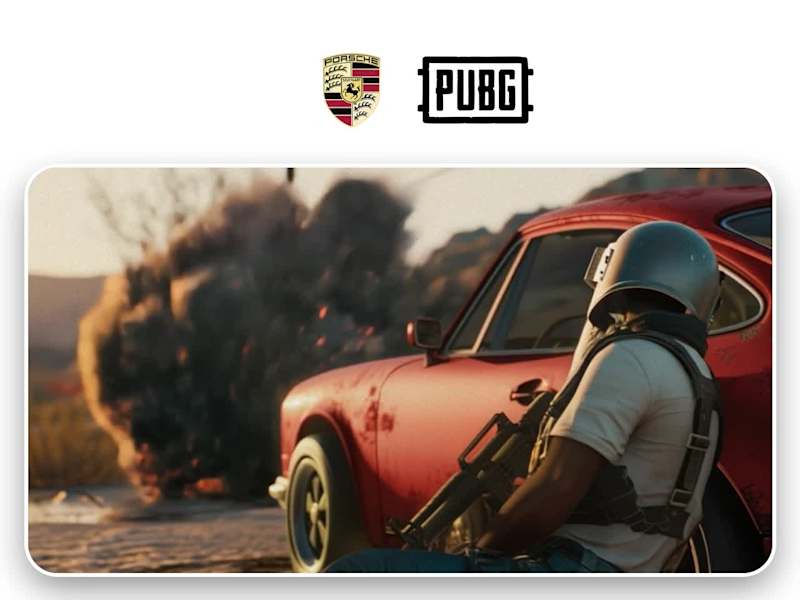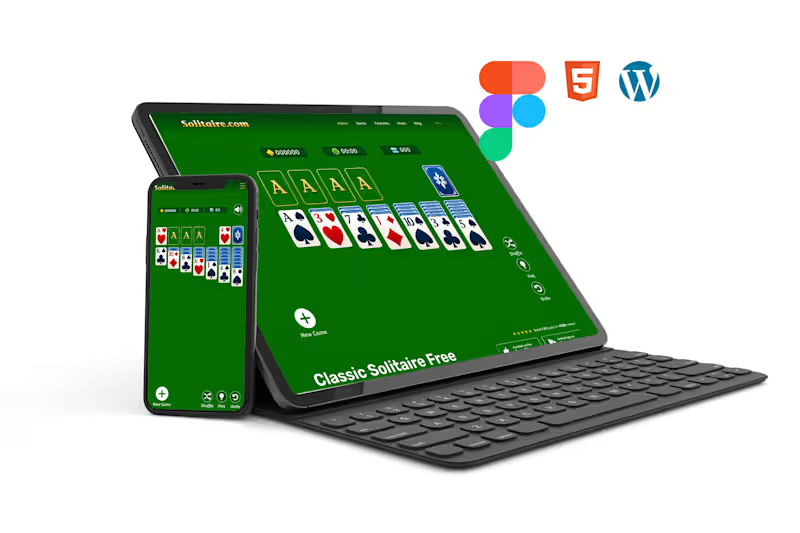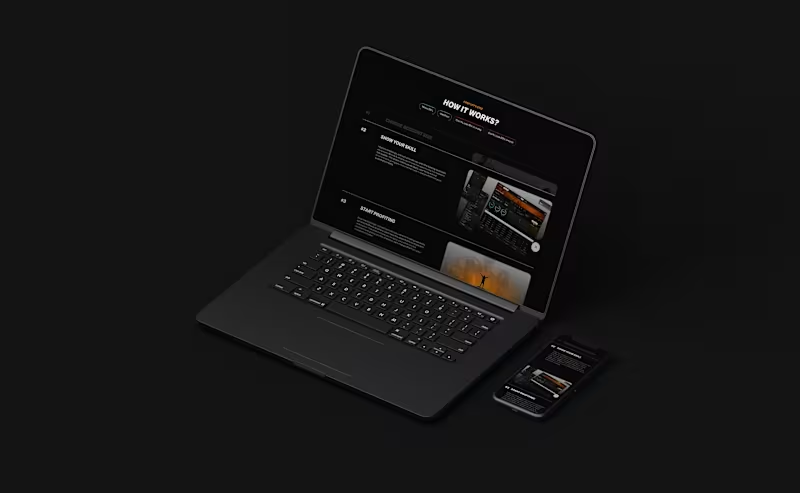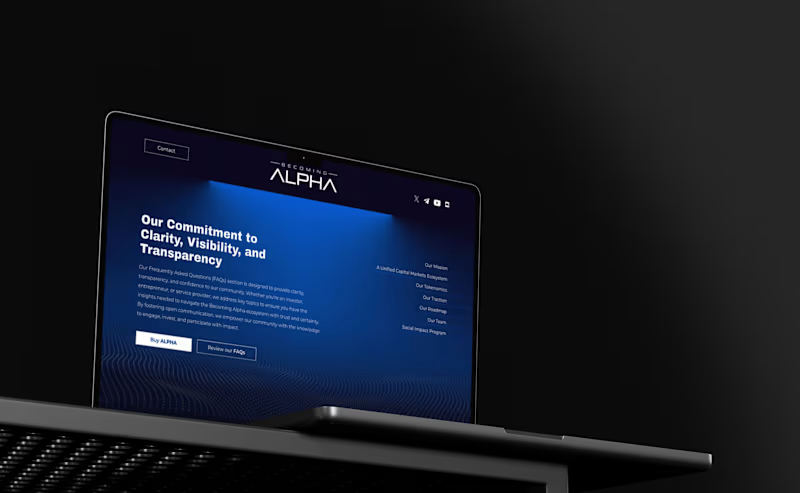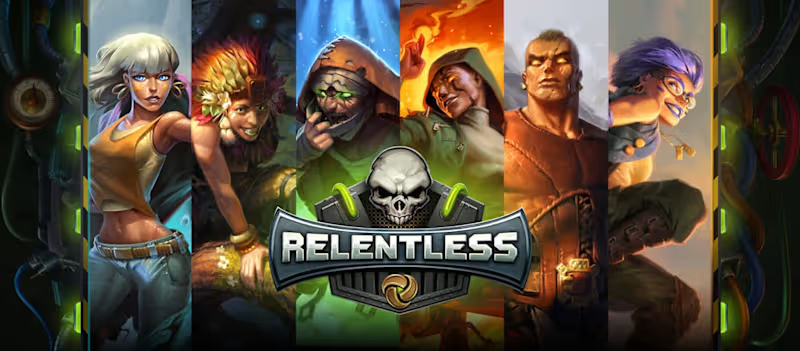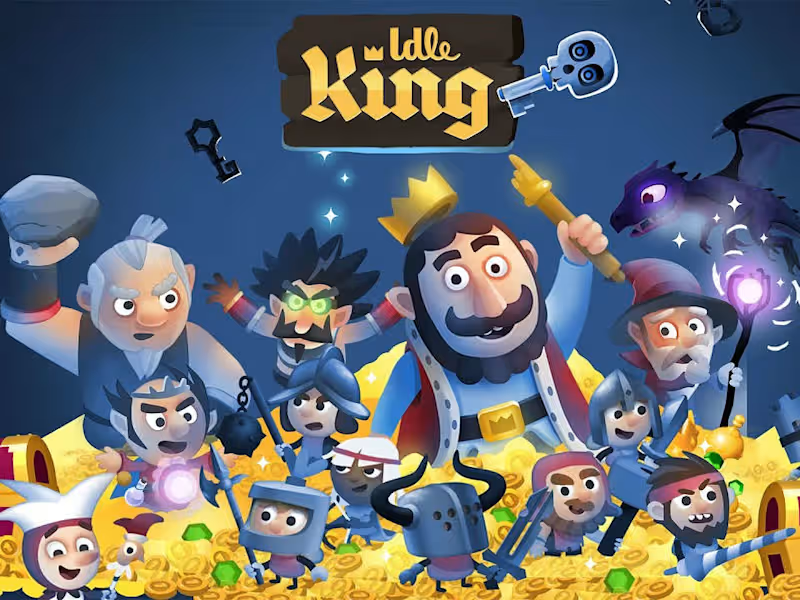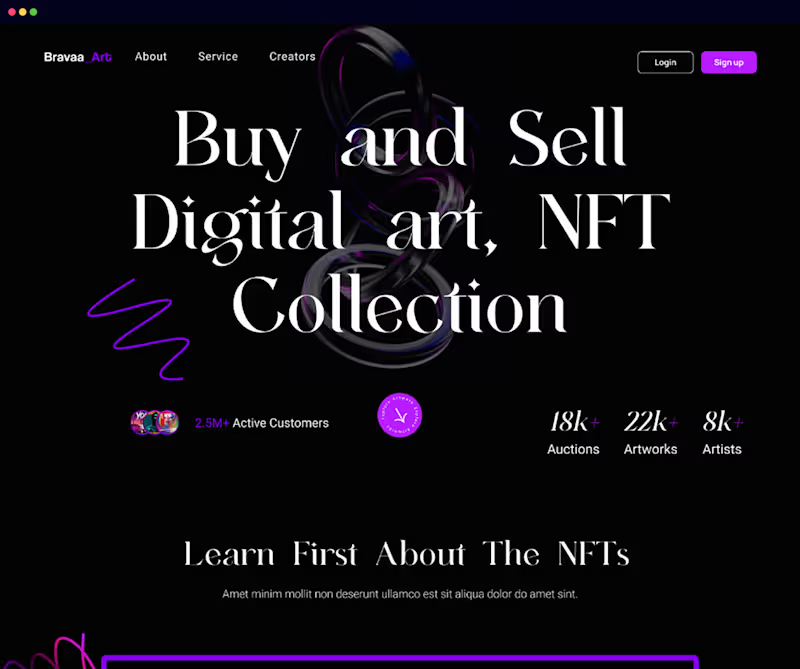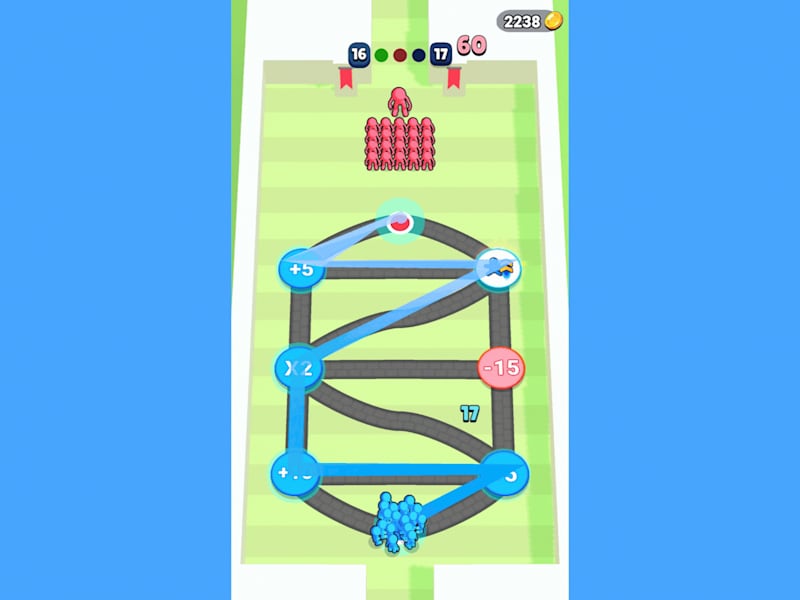Additional resources
What Are Game Developers and Their Specializations
Graphics and Rendering Programmers
Gameplay Programmers
Network and Multiplayer Developers
AI and Machine Learning Engineers
Audio Programmers
Physics Engine Developers
When to Hire Game Developers for Video Games
During Pre-Production Phase
For Prototype Development
When Scaling Production
Post-Launch Support and Updates
Where to Find Video Game Development Companies and Talent
Professional Game Development Networks
Industry-Specific Job Boards
Game Development Communities and Forums
University Programs and Graduate Pools
Outsourcing Hubs and Regional Markets
Essential Skills for Game Development Services
Core Programming Languages
Game Engine Expertise
Platform-Specific Development Knowledge
Version Control and Collaboration Tools
How to Evaluate Game Development Teams
Portfolio Assessment Criteria
Technical Test Design
Code Review Process
Past Project Analysis
Cost Structure for Custom Game Development
Hourly Rate Ranges by Expertise Level
Project-Based Pricing Models
Regional Cost Variations
Hidden Cost Factors
Choosing Between Freelance, Full-Time, and Outsource Game Development
Benefits of Freelance Developers
When to Build an In-House Team
Advantages of Outsourcing Studios
Hybrid Team Models
Creating Effective Job Descriptions to Hire Game Developers
Technical Requirements Section
Project Scope Definition
Experience Level Expectations
Compensation and Benefits Structure
Interview Process for Game Programming Services
Step 1: Initial Screening Questions
Step 2: Technical Assessment Methods
Step 3: Practical Coding Challenges
Step 4: Team Compatibility Evaluation
Step 5: Reference Verification
Legal Considerations for Game Design and Development Contracts
Intellectual Property Ownership
Non-Disclosure Agreements
Milestone-Based Payment Terms
Termination and Dispute Resolution Clauses
Managing Remote Game Development Teams
Communication Protocols and Tools
Time Zone Coordination Strategies
Progress Tracking Systems
Quality Assurance Workflows
Common Mistakes When Hiring Game Developers
Underestimating Project Complexity
Focusing Only on Technical Skills
Inadequate Budget Planning
Poor Contract Documentation
Rushing the Vetting Process







































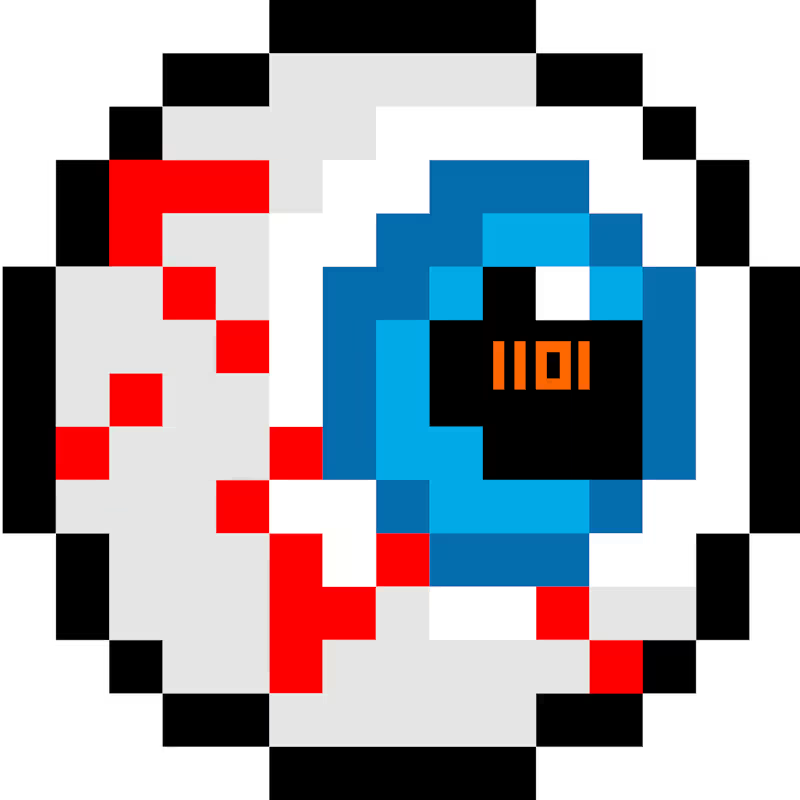

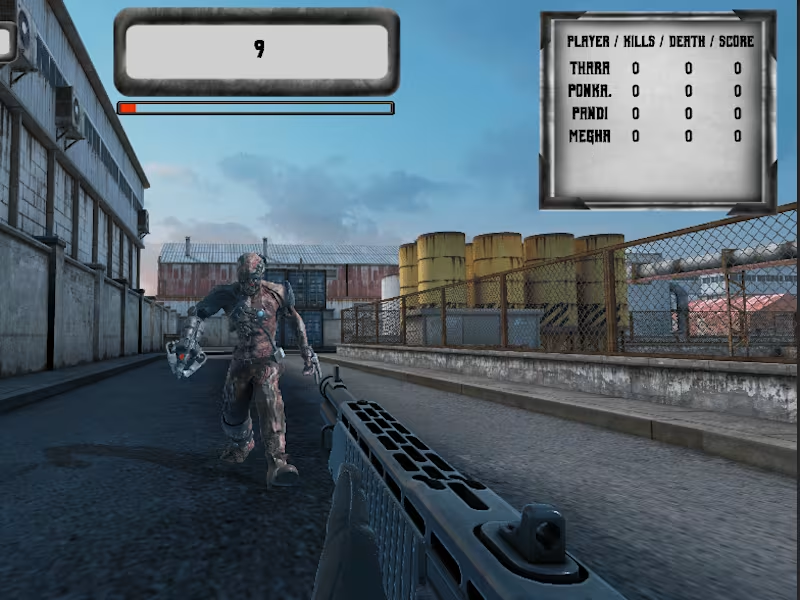
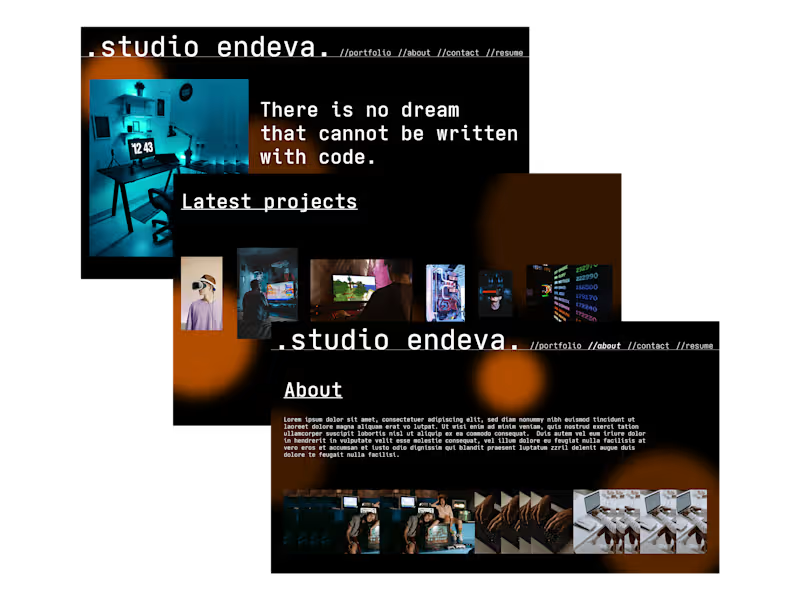
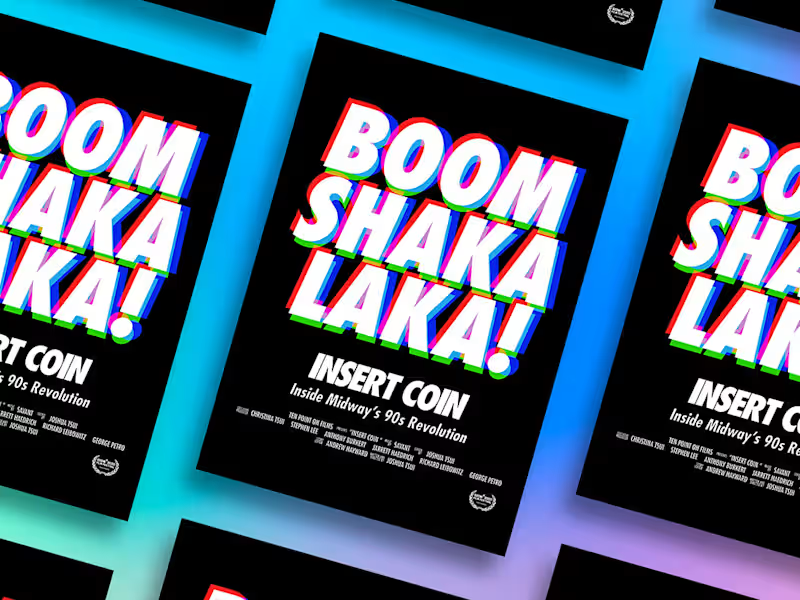
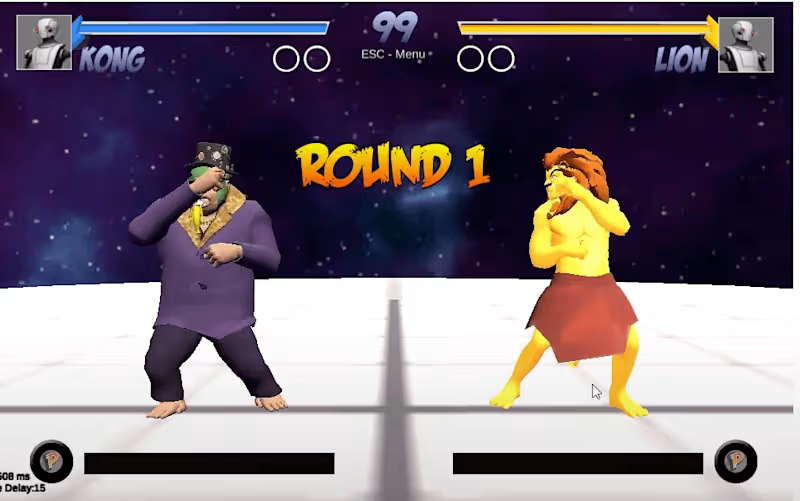
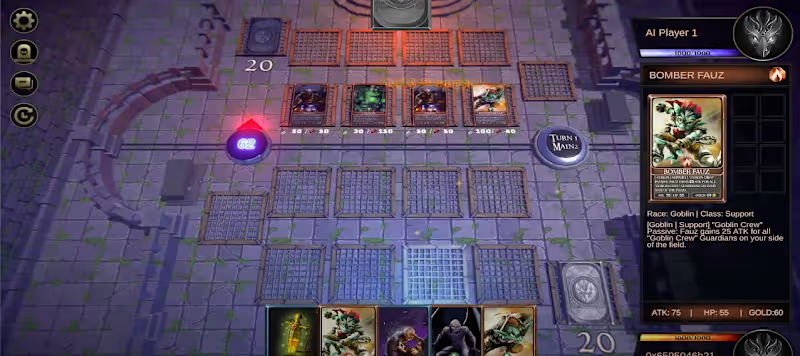

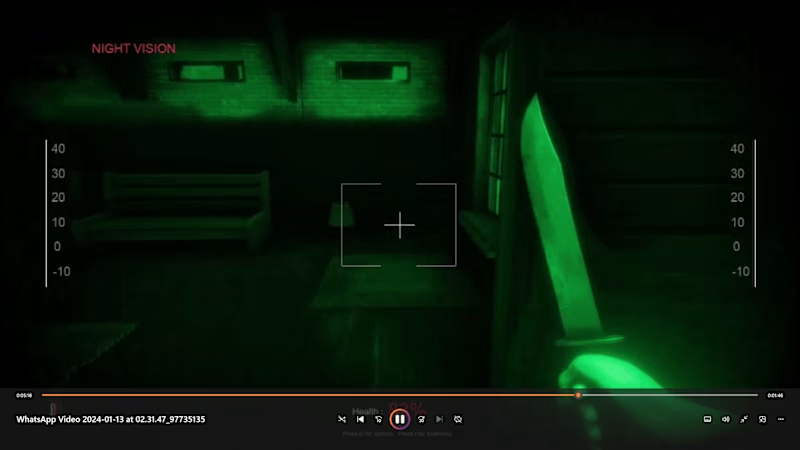


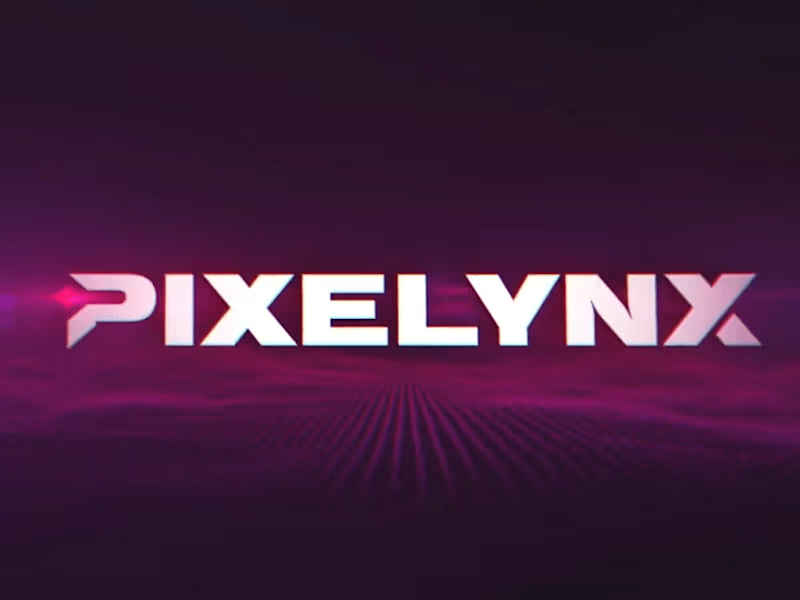

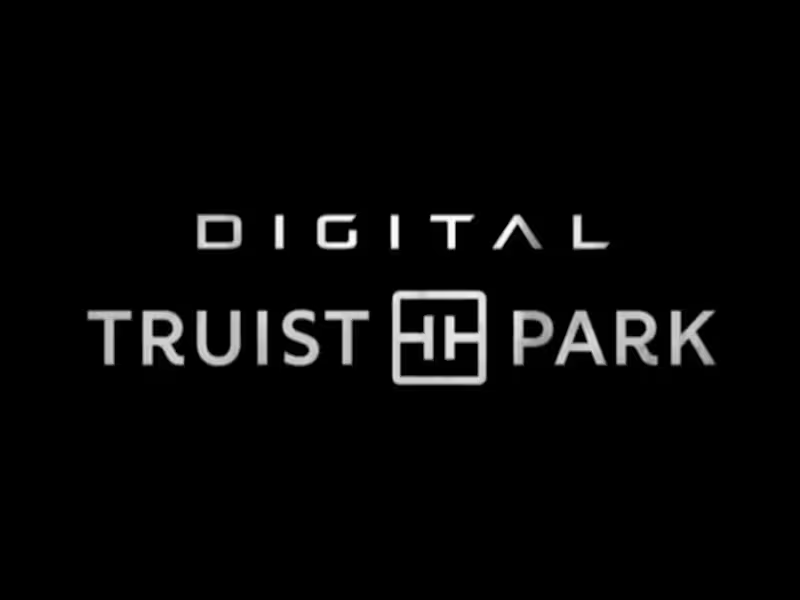
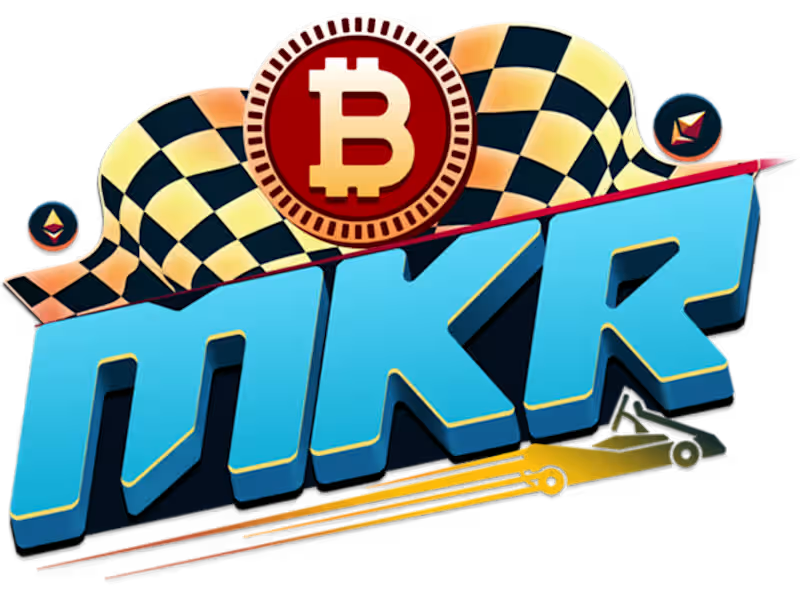
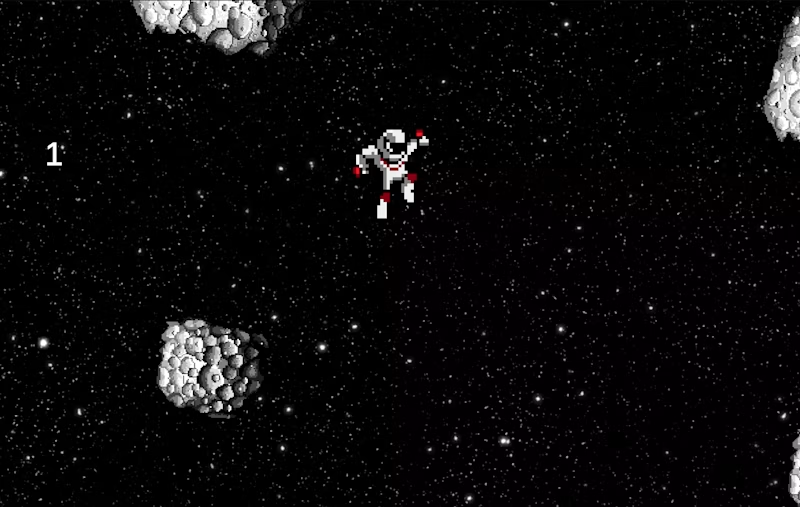
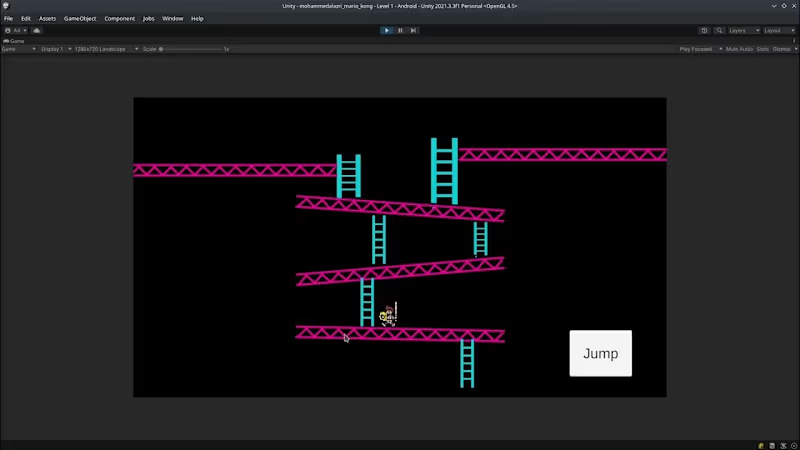
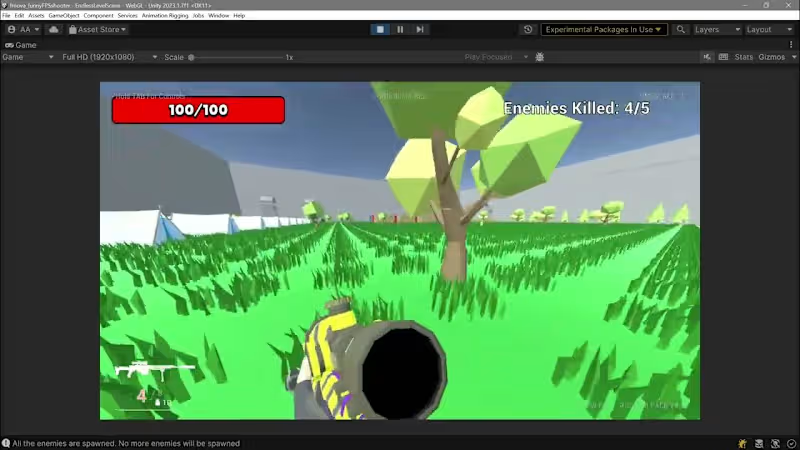
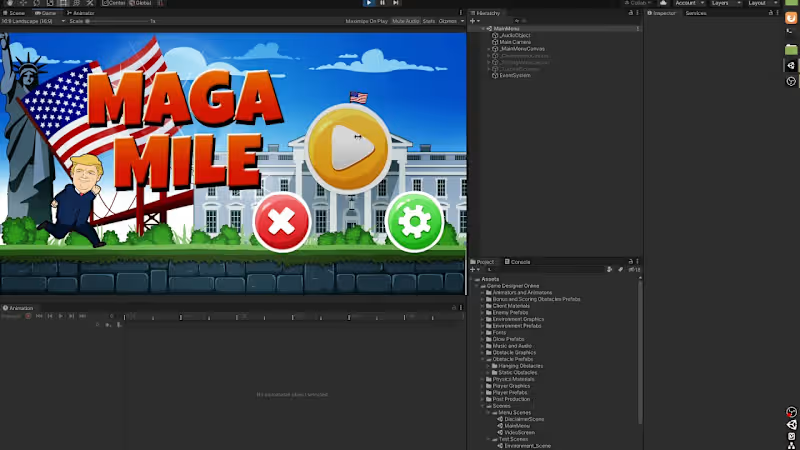
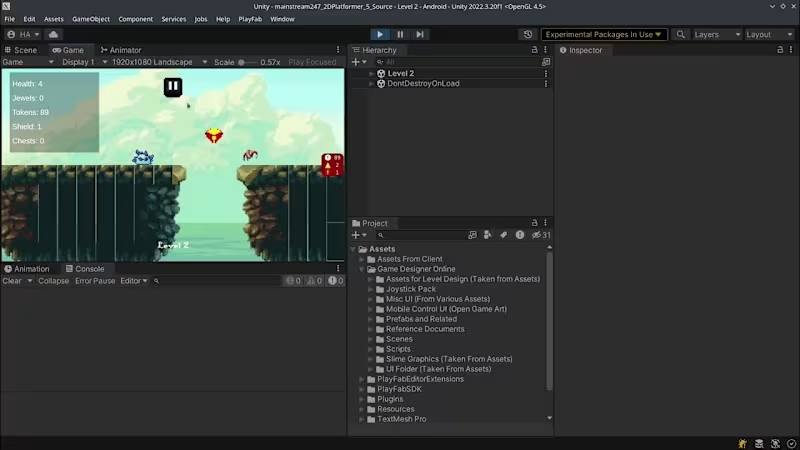
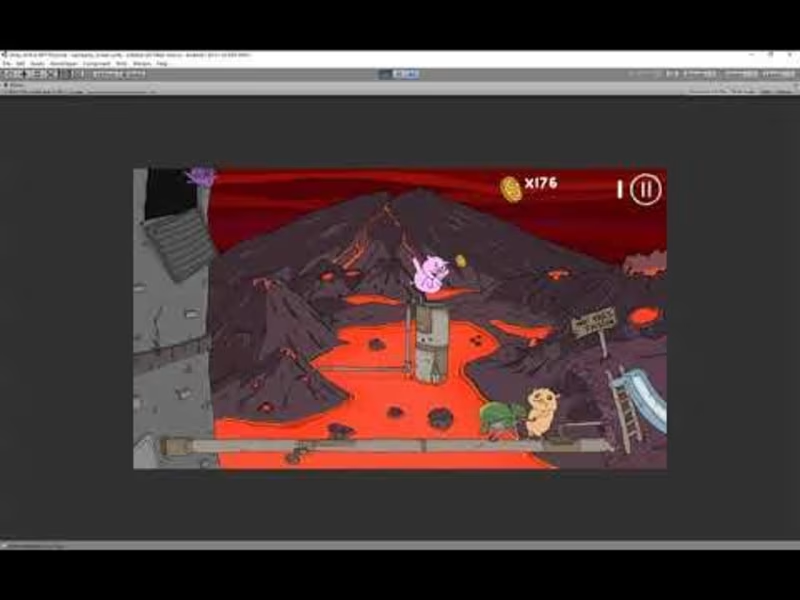
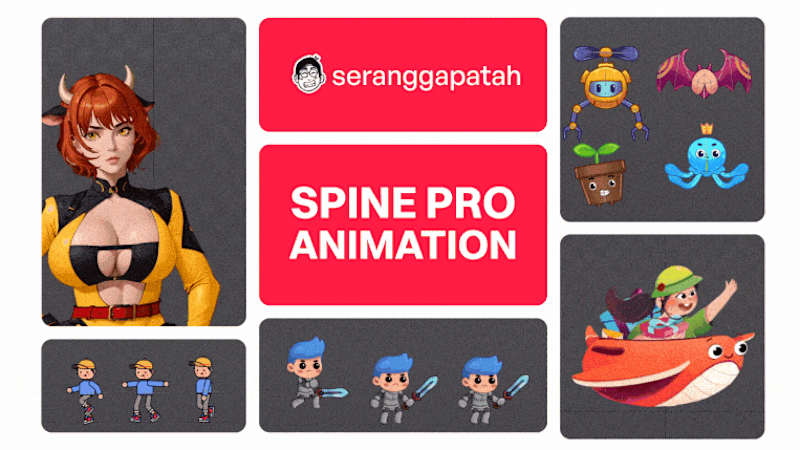
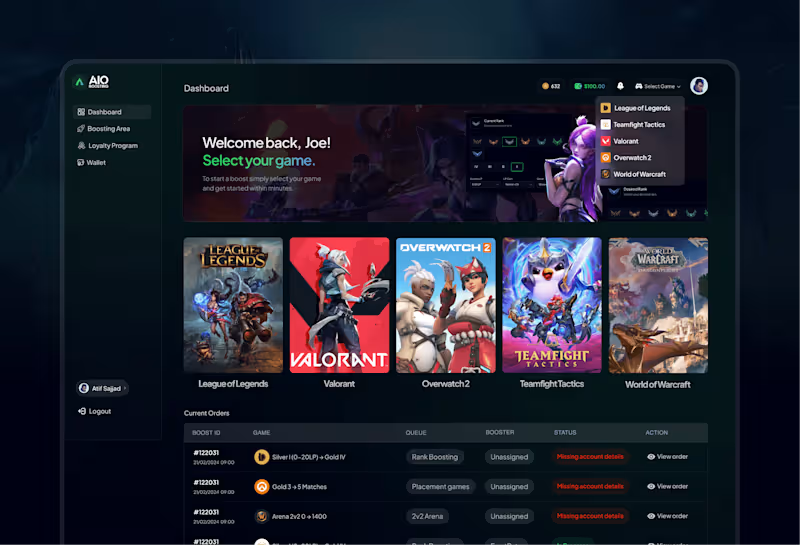
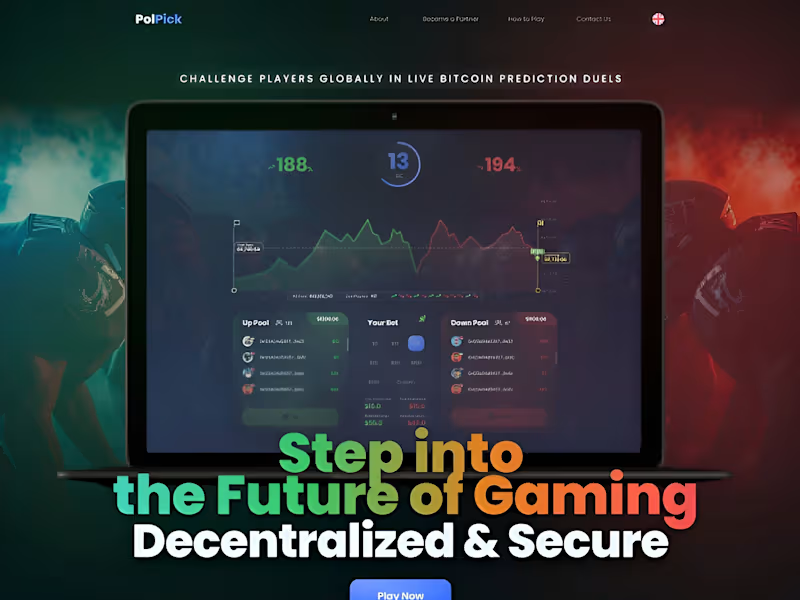
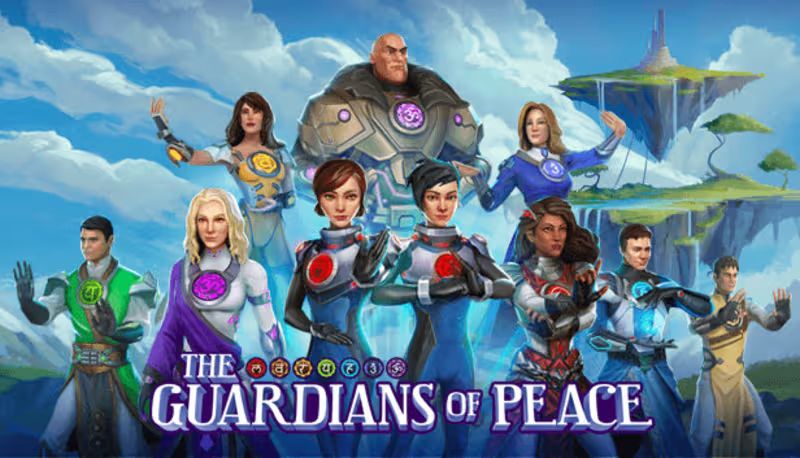
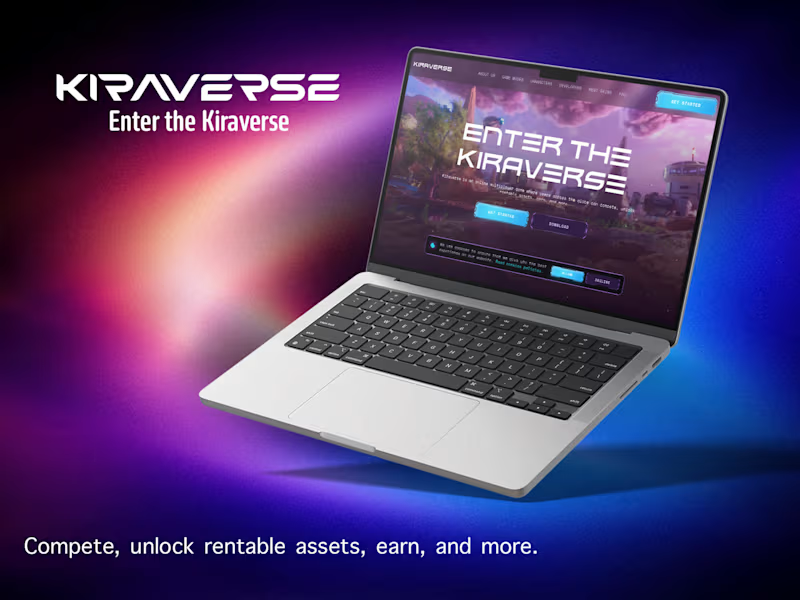
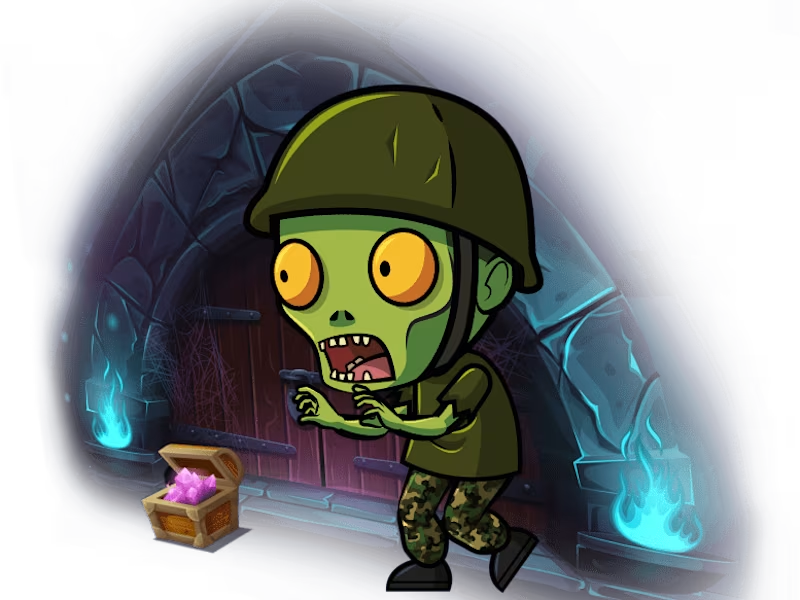
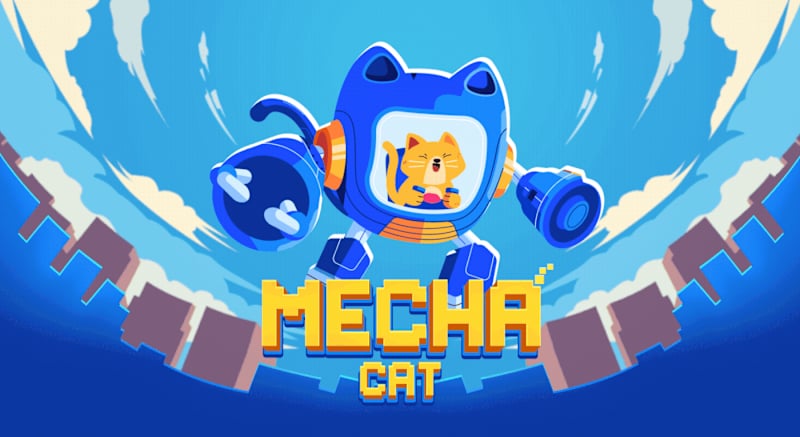
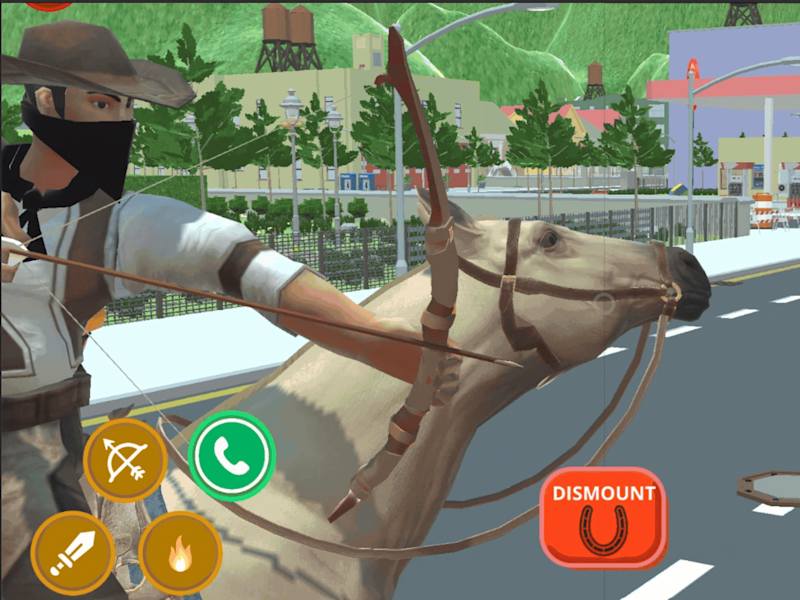
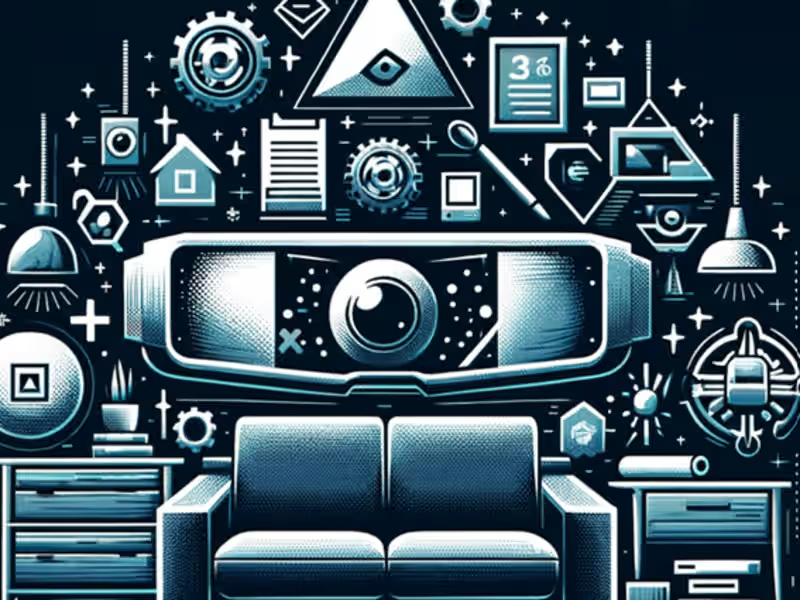

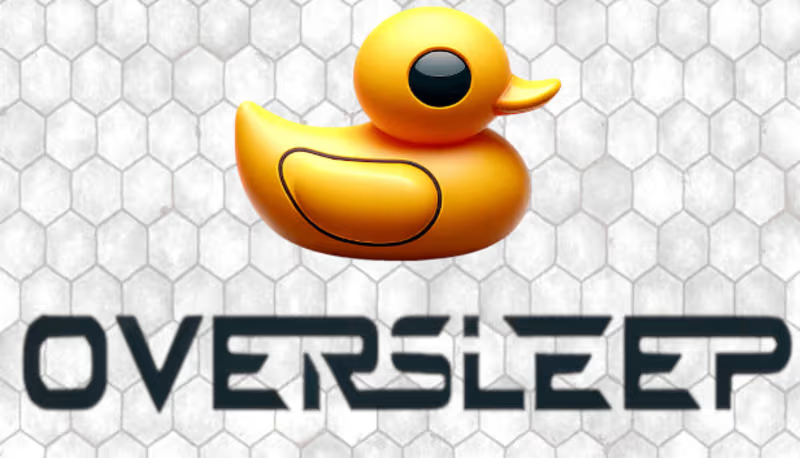

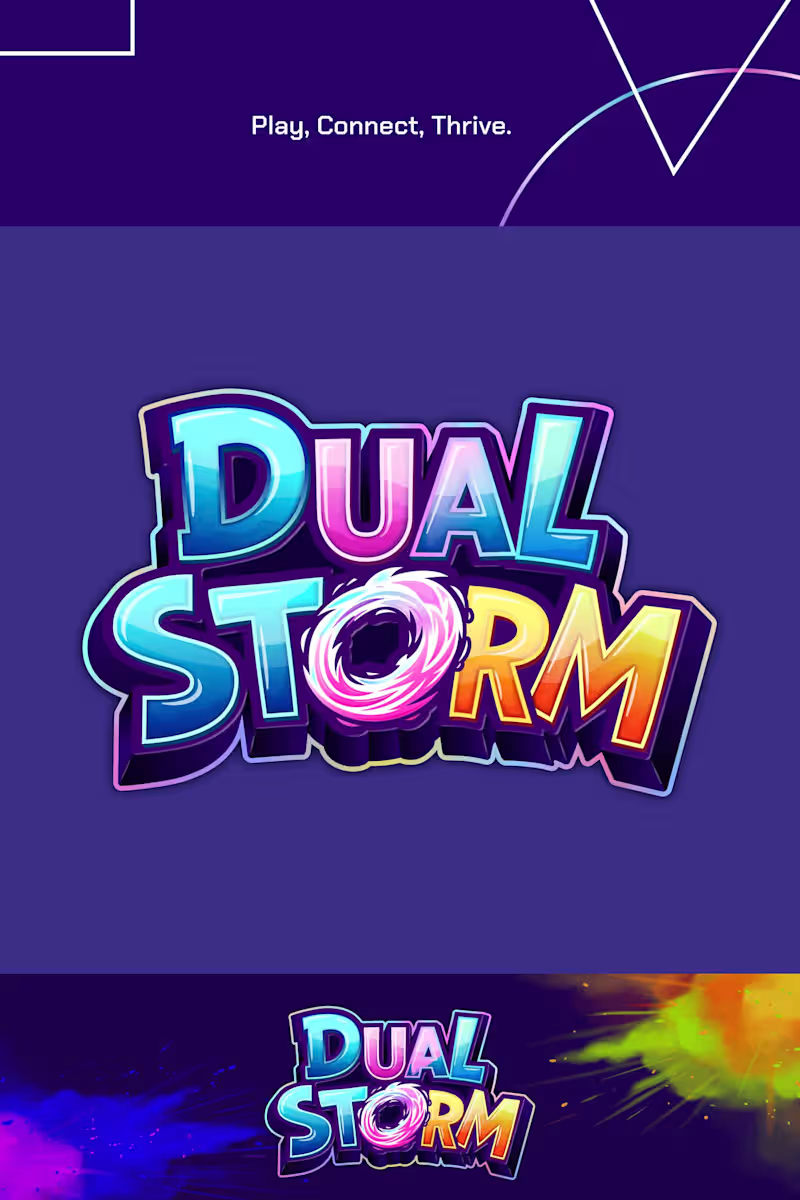

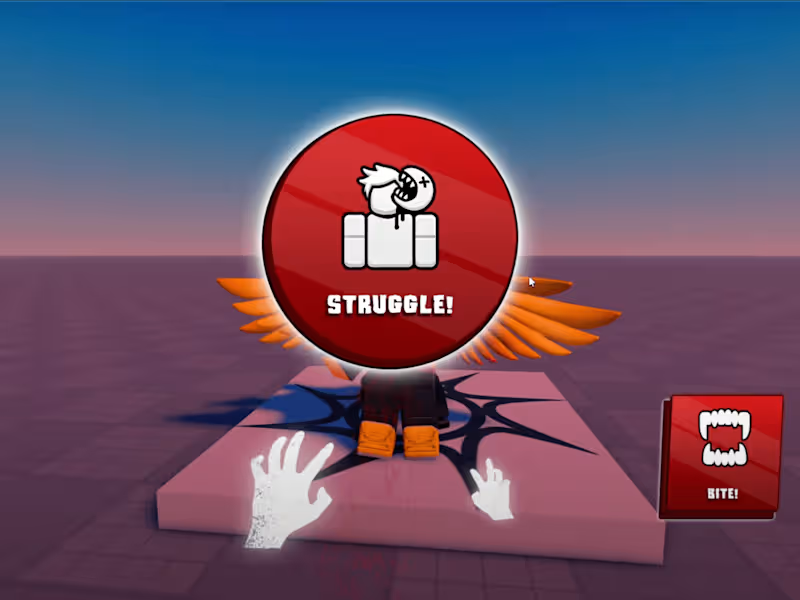
![Cover image for [Unity Asset] Curvy Splines](https://media.contra.com/video/upload/fl_progressive/w_800,q_auto,so_auto/qd6ibgvfskimse6d59f1.jpeg)
![Cover image for [Unity Asset] Visual Scripting Enhancer](https://media.contra.com/video/upload/fl_progressive/w_800,q_auto,so_auto/avqkyh1hbj6nxx0dyanw.jpeg)
![Cover image for [Unity Asset] Retro Boy Shader](https://media.contra.com/video/upload/fl_progressive/w_800,q_auto,so_auto/ykkduw8qegdxdyxrndrq.jpeg)
![Cover image for [Unity Asset] Frame Rate Booster](https://media.contra.com/image/upload/w_800,q_auto/uneg5kiwq6rx2eqj8rfq.avif)
![Cover image for [Unity Asset] Converter For Unity Splines](https://media.contra.com/image/upload/w_800,q_auto/woeultbmgmutcpyuj8o7.avif)
![Cover image for [Game Dev] Max Payne Style Camera](https://media.contra.com/video/upload/fl_progressive/w_800,q_auto,so_auto/wcdspb1f7nvsjcjzltw7.jpeg)
![Cover image for [Game Dev] Mutants: Genetic Gladiators](https://media.contra.com/video/upload/fl_progressive/w_800,q_auto,so_auto/bsrnfj36b4bwsu76ilrb.jpeg)
![Cover image for [AI Engeneering] Chat Investigation](https://media.contra.com/image/upload/w_800,q_auto/tijonq17ixmawbdbp6oq.avif)
